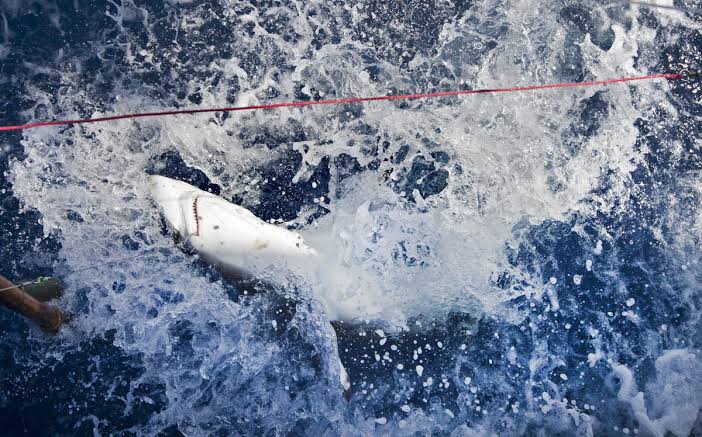Sharks have significant effects on marine ecosystems, humans, and the environment. Here are some key impacts:
Ecological Balance
Top Predators: Sharks are apex predators, playing a crucial role in maintaining the balance of marine ecosystems. By controlling the populations of other species, they help ensure the health of the entire food web. Without sharks, populations of prey could grow unchecked, leading to overgrazing of vegetation or depletion of smaller fish, which can cause ecosystem collapse.
Healthy Prey Populations: Sharks tend to hunt the weak, sick, or old animals, which strengthens the gene pool of prey species by ensuring only the fittest survive.
Economic and Cultural Effects
Tourism: Sharks are a key attraction for eco-tourism, particularly for scuba diving and snorkeling enthusiasts. Locations like the Bahamas, South Africa, and Australia benefit from shark tourism, generating significant revenue for local economies.
Fishing Industry: Sharks are sometimes seen as competition for fishers because they consume fish that humans harvest for food. However, sustainable fishing practices recognize that removing sharks can disrupt ecosystems, which can negatively affect fish populations in the long term.
Environmental Impact
Carbon Cycle: Sharks contribute to regulating carbon cycles in marine environments. For example, by keeping herbivorous fish populations in check, they prevent the overgrazing of seagrass meadows, which are significant carbon sinks.
Biodiversity: The presence of sharks supports greater biodiversity in marine environments. When sharks disappear, it can lead to a cascading effect that reduces biodiversity, harming the ocean’s resilience.
Human Interaction
Shark Attack: Though rare, shark attacks on humans can have significant psychological and economic impacts, especially in tourist areas. However, these incidents are extremely infrequent, and sharks generally pose a minimal risk to humans.
Shark Conservation: Sharks face threats from overfishing, bycatch, and habitat loss. This has led to increased conservation efforts to protect these vital animals, which, in turn, helps preserve ocean health.
Scientific Research
Medical Research: Shark biology has inspired medical advances. Their immune systems and unique cartilage have been studied for potential human health benefits, including cancer research.
Sharks are essential to ocean health, and their decline can have widespread effects on ecosystems, economies, and even scientific progress.
